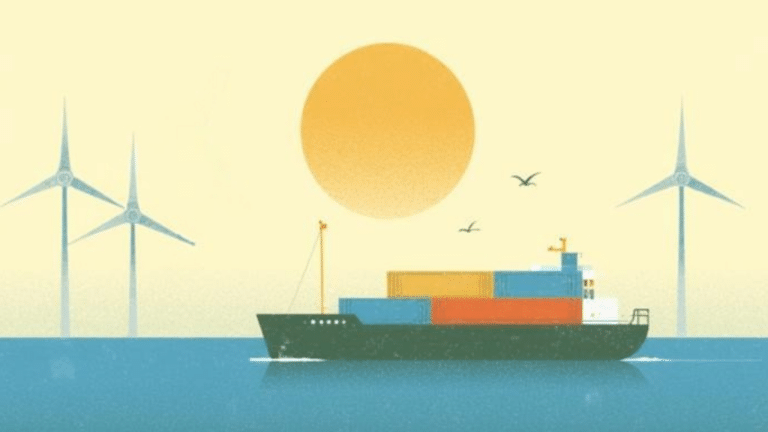Could a strategic lithium reserve kickstart US supply chain development?
NEW YORK -- A strategic lithium reserve is being mooted as a solution to stabilize volatile prices that have hindered American mining projects, allowi
Current Access Level “I” – ID Only: CUID holders, alumni, and approved guests only
This website uses cookies as well as similar tools and technologies to understand visitors’ experiences. By continuing to use this website, you consent to Columbia University’s usage of cookies and similar technologies, in accordance with the Columbia University Website Cookie Notice.
Our work is committed to independent and nonpartisan research that meets the high standards of academic integrity and quality at Columbia University.
Our initiatives and programs are designed to address critical needs in key focus areas around energy and climate policy.
Explore our expert insights and analysis in leading energy and climate news stories.
NEW YORK -- A strategic lithium reserve is being mooted as a solution to stabilize volatile prices that have hindered American mining projects, allowi
Get the latest as our experts share their insights on global energy policy.
This Energy Explained post represents the research and views of the author(s). It does not necessarily represent the views of the Center on Global Energy Policy. The piece...

Hear in-depth conversations with the world’s top energy and climate leaders from government, business, academia, and civil society.
Over the past week, President Trump has intensified pressure on Venezuelan president Nicolás Maduro by targeting the regime’s economic lifeline—oil. The United States has seized two oil tankers...

Find out more about our upcoming and past events.
On January 1, 2026, the European Union's highly-anticipated Carbon Border Adjustment Mechanism (CBAM) will take effect. Introduced in 2023, CBAM will require the importers of certain carbon-intensive goods...

We are the premier hub and policy institution for global energy thought leadership. Energy impacts every element of our lives, and our trusted fact-based research informs the decisions that affect all of us.
External Associate

Kirsten Nicole Smith is a Research Associate at the Center on Global Energy Policy at Columbia University with research interests broadly covering electricity markets, clean energy investment and policy interventions to decarbonize the energy sector. Her previous research has largely focused on the impact of climate regulation on the profitability of energy development and capital investment decisions.
Kirsten has worked at the intersection of energy and climate change policy for 10+ years across government, academia, and the private sector. Prior to joining CGEP, Kirsten spent three years in Tokyo, Japan at the Asia Pacific Energy Research Centre (APERC) as a visiting researcher representing Canada. In this role she led the energy investment and climate change policy research as part of the flagship APEC Energy Demand and Supply Outlook, and travelled extensively to disseminate APERC’s research internationally across the 21 APEC economies. While in roles at the Alberta Department of Energy and Environment Canada, Kirsten’s research and analysis was integral to the development of carbon policies for the energy sector at both the provincial and federal level.
Kirsten holds a Master of Public Affairs from the University of Texas at Austin, a Bachelor of Commerce in finance from the University of Alberta, and a Bachelor of Arts in economics and political science from the University of Alberta.
The Paris Agreement included two particularly crucial innovations for supporting greenhouse gas emissions reductions: a voluntary, bottom-up nationally determined contribution (NDC) and a ratchet mechanism.

The Biden administration’s move to bring the United States back into the Paris Agreement and lower greenhouse gas emissions to address climate change will, if carried through, lead to a reduction in fossil fuel consumption.

Get the latest news and research on energy & climate policy.
"(required)" indicates required fields